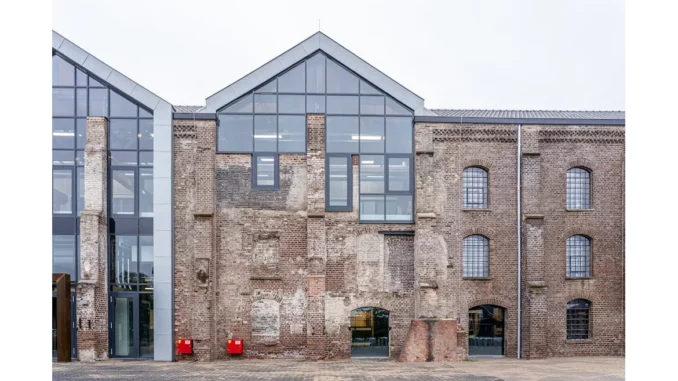
In the heart of the United Kingdom, a subtle yet profound transformation is taking place. Energy efficiency, once relegated to the realm of specialists and enthusiasts, is now gaining traction as a burgeoning mainstream movement. This shift is driven by escalating energy costs, heightened environmental consciousness, and proactive engagement from local councils and private entities aiming to enhance home sustainability. A conversation with Sarah Jenkins, a homeowner who has embarked on this journey, offers a window into the intricate and rewarding process of retrofitting. Her story serves as both a blueprint and a beacon for those contemplating similar endeavours.
Focus360 Energy: property compliance services – pre-planning to post-construction. Learn more.
Sarah Jenkins resides in Blyth, in a charming Victorian terrace that, despite its allure, has been notorious for its draughtiness. Over the past decade, her affection for the historical nuances of the property has been matched by a growing commitment to reducing her environmental impact. As we sat in her inviting living room, Sarah shared the journey of transforming her home into an exemplar of energy efficiency.
With a candid smile, Sarah recounted her initial trepidation. “The thought of retrofitting was daunting,” she confessed, “particularly with an older property. However, the potential benefits were too substantial to ignore.” Her resolve was sparked by attending a local council meeting on the Energising Blyth project, which focused on retrofitting homes with modern energy-efficient technologies. “The council’s proactive approach was commendable,” she explained. “They facilitated several events where residents could explore the available options and discuss any concerns.”
The project offered a comprehensive suite of improvements, including external insulation, roof system enhancements, and solar energy solutions. Sarah was particularly drawn to the prospect of solar panels, enthused by the notion of generating her own electricity. Encouraged by the financial and logistical support provided by the council, she joined the initiative. Her home became one of the 70 properties selected for the project’s initial phase. The retrofitting process was thorough, demanding significant coordination, yet Sarah was impressed by the contractors’ professionalism. “They maintained excellent communication, detailing each step and ensuring compliance with all necessary standards,” she recalled.
The installation of external insulation marked one of the most significant changes for Sarah. “It’s transformed the house,” she said, her enthusiasm palpable. “The heat retention is remarkable, and my energy bills have noticeably decreased.” However, the path to energy efficiency was not without its hurdles. Sarah expressed concerns about the controversial use of spray foam insulation in the UK, which has posed refinancing and resale challenges for some homeowners. “I opted against it after thorough research,” she noted. “It’s crucial to be well-informed and cautious, especially with decisions impacting one’s home.”
Sarah’s experience underscores the necessity of diligent research and collaboration with reputable contractors. It also highlights the potential complexities of energy-efficient upgrades, which, if not meticulously managed, can lead to unforeseen issues. “It’s about achieving a balance,” she advised. “The goal is to enhance efficiency while ensuring safety and regulatory compliance.”
Despite the challenges, Sarah remains an ardent advocate for energy efficiency. She takes pride in the changes implemented in her home, recognising the broader impact on sustainability. “Knowing I’m contributing to a more sustainable future is immensely rewarding,” she declared, her conviction unwavering. “And, of course, the long-term savings on energy bills are a significant advantage.”
Sarah’s story encapsulates the UK’s transformative shift towards energy efficiency. With local councils and organisations driving these efforts, homeowners are empowered to make informed and sustainable decisions. Yet, as Sarah wisely points out, it is imperative to navigate these measures with caution to avoid undesirable consequences.
Her journey is a testament to the transformative potential of retrofitting initiatives. It provides a valuable lesson for other homeowners: with the right support and information, energy efficiency is not only attainable but also profoundly rewarding. As our conversation concluded, Sarah voiced her optimism for the future. “I believe we’re just at the beginning,” she reflected. “If more people join this movement and share their experiences, we can effect significant change—not only in our homes but for the planet at large.”
Indeed, with increasing support from councils and organisations, the future appears promising for homeowners across the UK. Continued education and backing could position them at the forefront of a new era in sustainable living, paving the way for a more energy-efficient and environmentally conscious society.


Be the first to comment